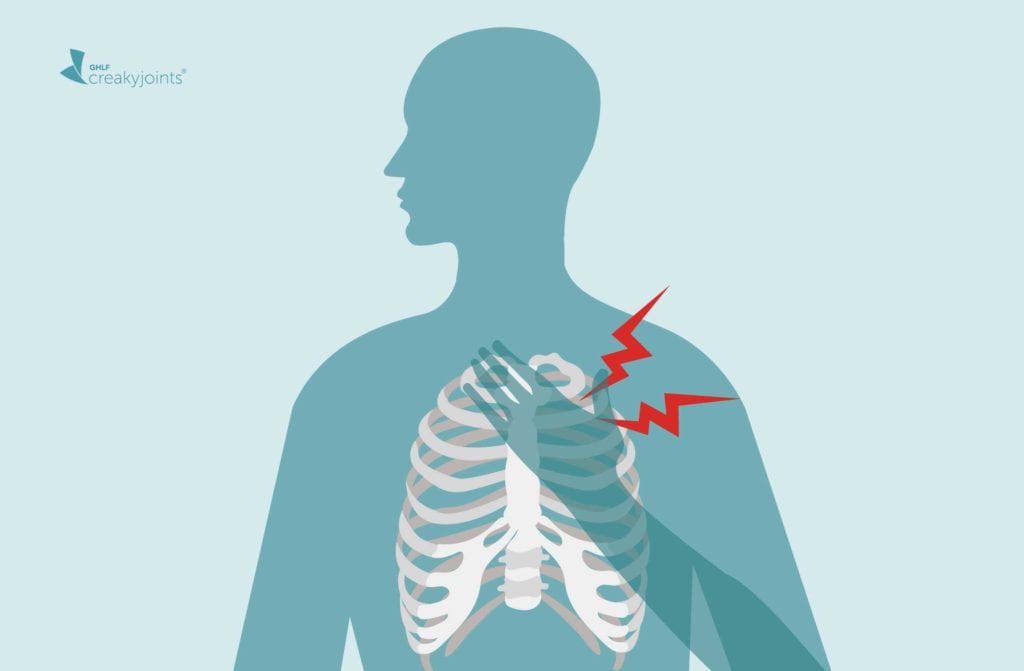
Chest pain is a concerning symptom and its usually best to seek emergency medical attention if youre experiencing it. If you experience one or more of these symptoms for more than five minutes you should call 911.
Even if the chest pain cause is anxiety its better to know than to.
When to worry about chest pain. Indeed chest pain can be caused by any of a number of factors including. Inflammation or infection of the lining or covering of the heart. Shingles herpes zoster or pinching of nerves in the neck back or chest.
Digestive problem s such as heartburn acid reflux stomach ulcers. You should be concerned about chest pain if you have severe pain pressure crushing or squeezing in the chest that lasts more than a few minutes pain that moves into the neck left shoulder arm or jaw or pain associated with breaking out in a sweat or feeling like you are going to pass out. This can be a medical emergency.
The chest pain of pericarditis is usually sharp and stabbing. It can radiate to the back neck or arm. The pain may worsen when taking a deep breath or lying flat and lessen when leaning forward.
Chest pain is only one of the possible signs of an impending heart attack. If you notice one or more of the signs below in yourself or someone else call 911 or your local emergency number right away. Uncomfortable pressure squeezing fullness burning tightness or pain in the center of the chest.
If the membrane that covers your lungs becomes inflamed it can cause chest pain that worsens when you inhale or cough. The chest pain associated with a collapsed lung typically begins suddenly and can last for hours and is generally associated with shortness of breath. As a cardiologist Dr.
Steinhoff is most worried when someone complains of chest pain during exertion as well as feeling lightheaded. Assuming that someone is not profoundly anemic Id be concerned that a significant portion of the heart was not getting enough blood flow he says. Chronic Recurrent or Non-Acute Symptoms.
If your chest pain is something youve had before your doctors main concern probably will be whether you have angina. Angina is usually caused by typical CAD but can also be produced by less common cardiac conditions such as coronary artery spasm or cardiac syndrome x. One of the most frightening anxiety symptoms is chest pain.
Thats because chest pain is associated with serious heart problems leading many to worry about their health. Yet it is common for chest pain to actually be a symptom of anxiety. Chest pain is a concerning symptom and its usually best to seek emergency medical attention if youre experiencing it.
Even if the chest pain cause is anxiety its better to know than to. Chest pain symptoms Possible cause. Starts after eating bringing up food or bitter tasting fluids feeling full and bloated.
Starts after chest injury or chest exercise feels better when resting the muscle. Chest sprain or strain. Triggered by worries or a stressful situation heartbeat gets faster sweating dizziness.
Pressure tightness or a squeezing sensation in the chest or arms. Chest pain or discomfort that spreads to the jaw neck or back. Sudden dizziness or lightheadedness.
Indigestion nausea or abdominal pain. If you experience one or more of these symptoms for more than five minutes you should call 911. Cardiologists are generally most worried when someone complains of chest pain during exertion as well as feeling lightheaded.
Assuming that someone is not profoundly anemic there could be concern that a significant portion of the heart was not getting enough blood flow. Similarly chest pain often occurs after people have been engaged in home improvement projects that involve heavy lifting or suspending materials at a specific level for a period of time. They may have chest discomfort and worry that they have strained their hearts.
1 Chest discomfort in the middle or toward the left side of the front of your chest that is usually described as a pressure or squeezing not actual pain. Classically it can feel like an elephant sitting on my chest or a band wrapping around the chest although is not always this dramatic in presentation. Chest pain is a symptom of a pulmonary embolism.
A pulmonary embolism is when a blood clot forms and blocks the flow of blood to the lungs. This can be dangerous and lead to death. Pneumonia is a well-known illness and can be dangerous or debilitating if left untreated.